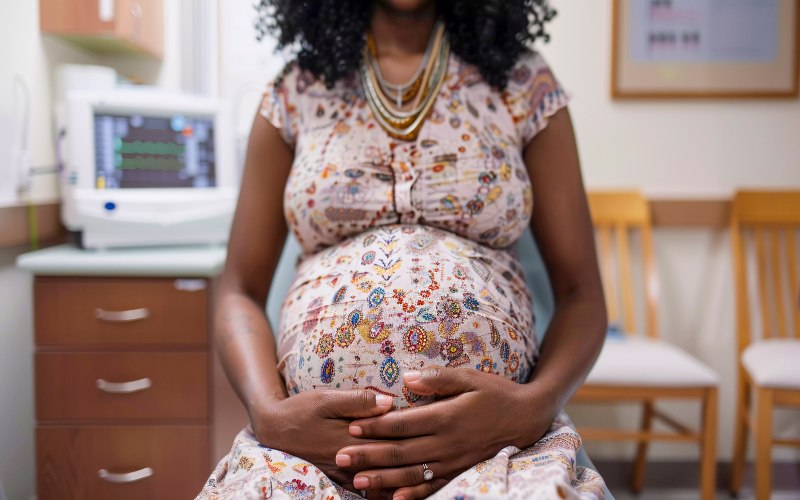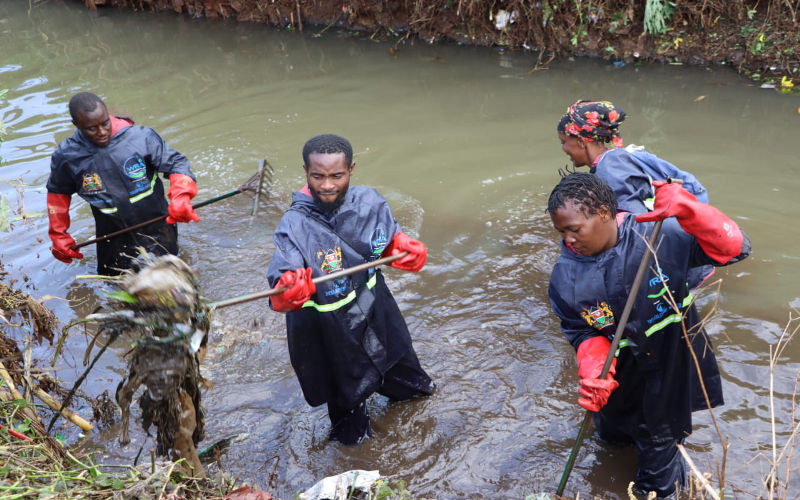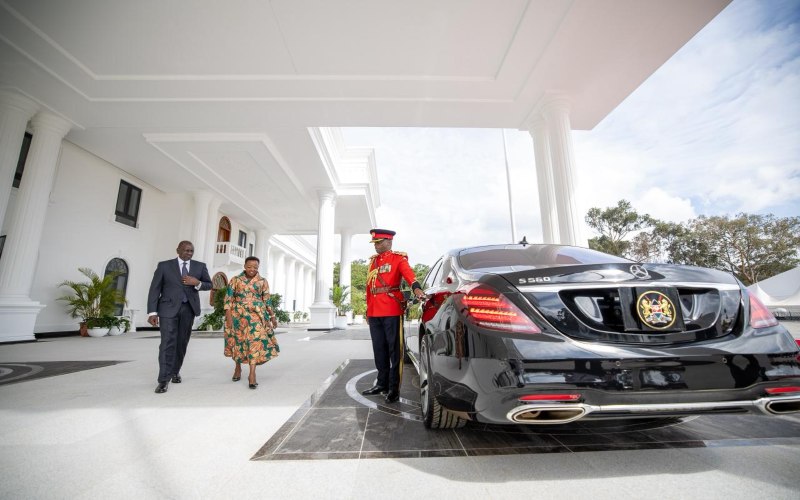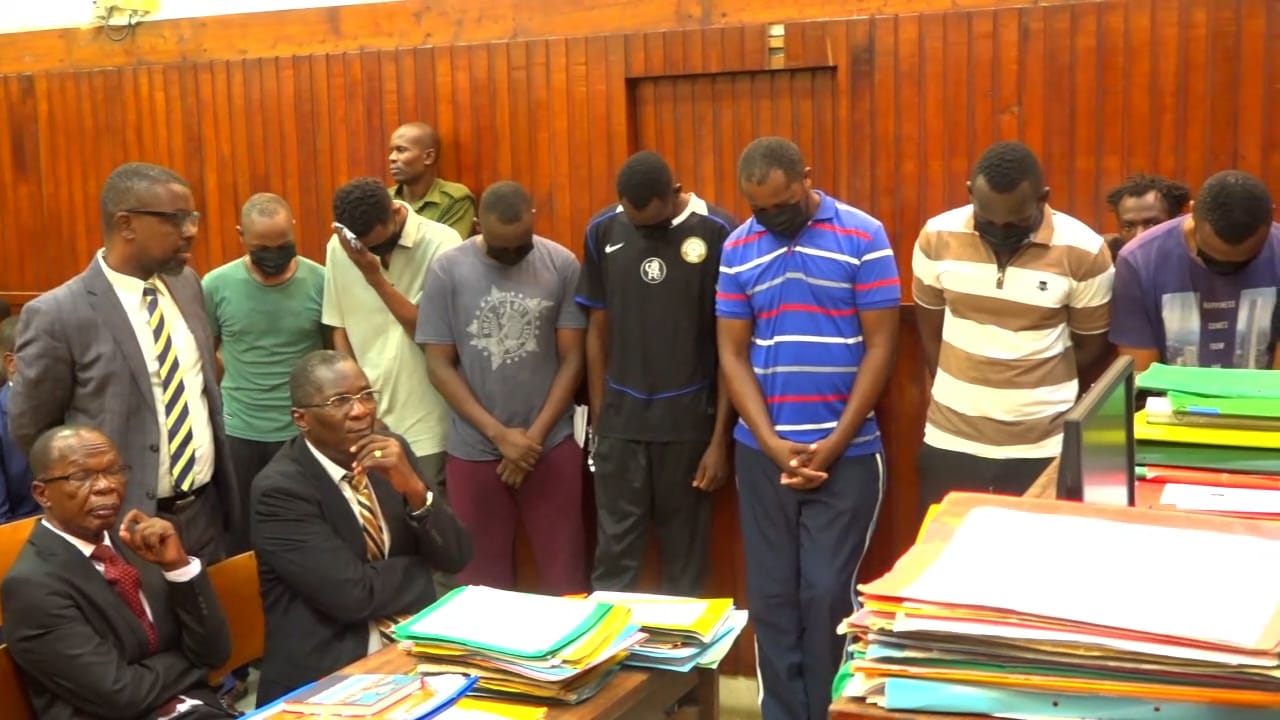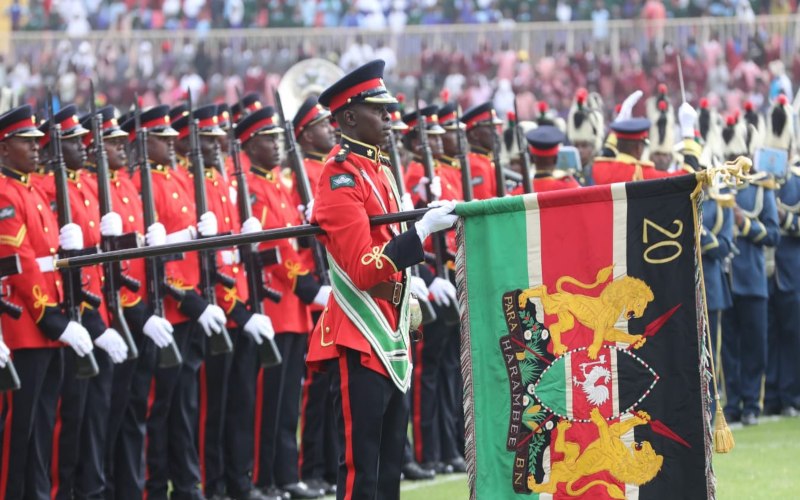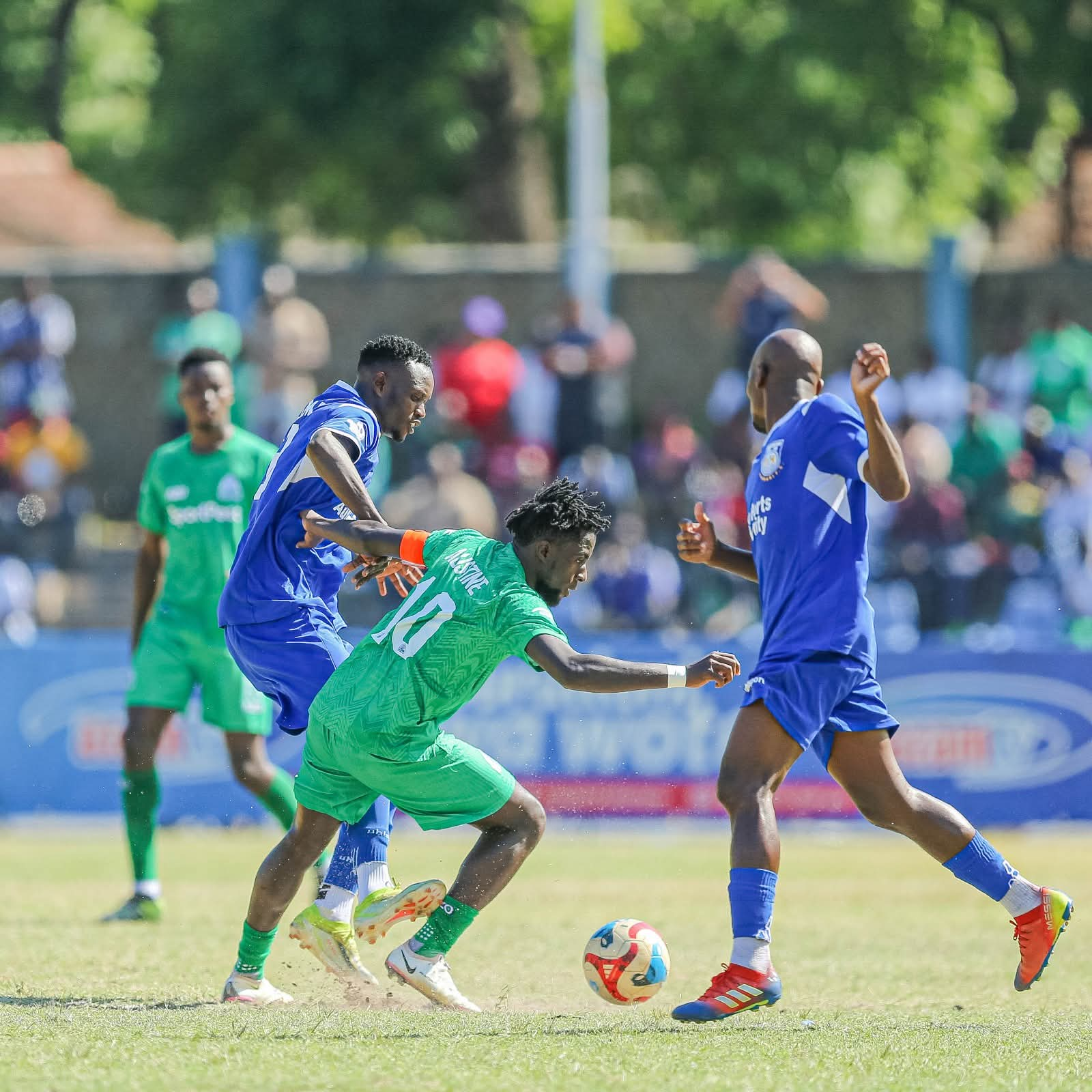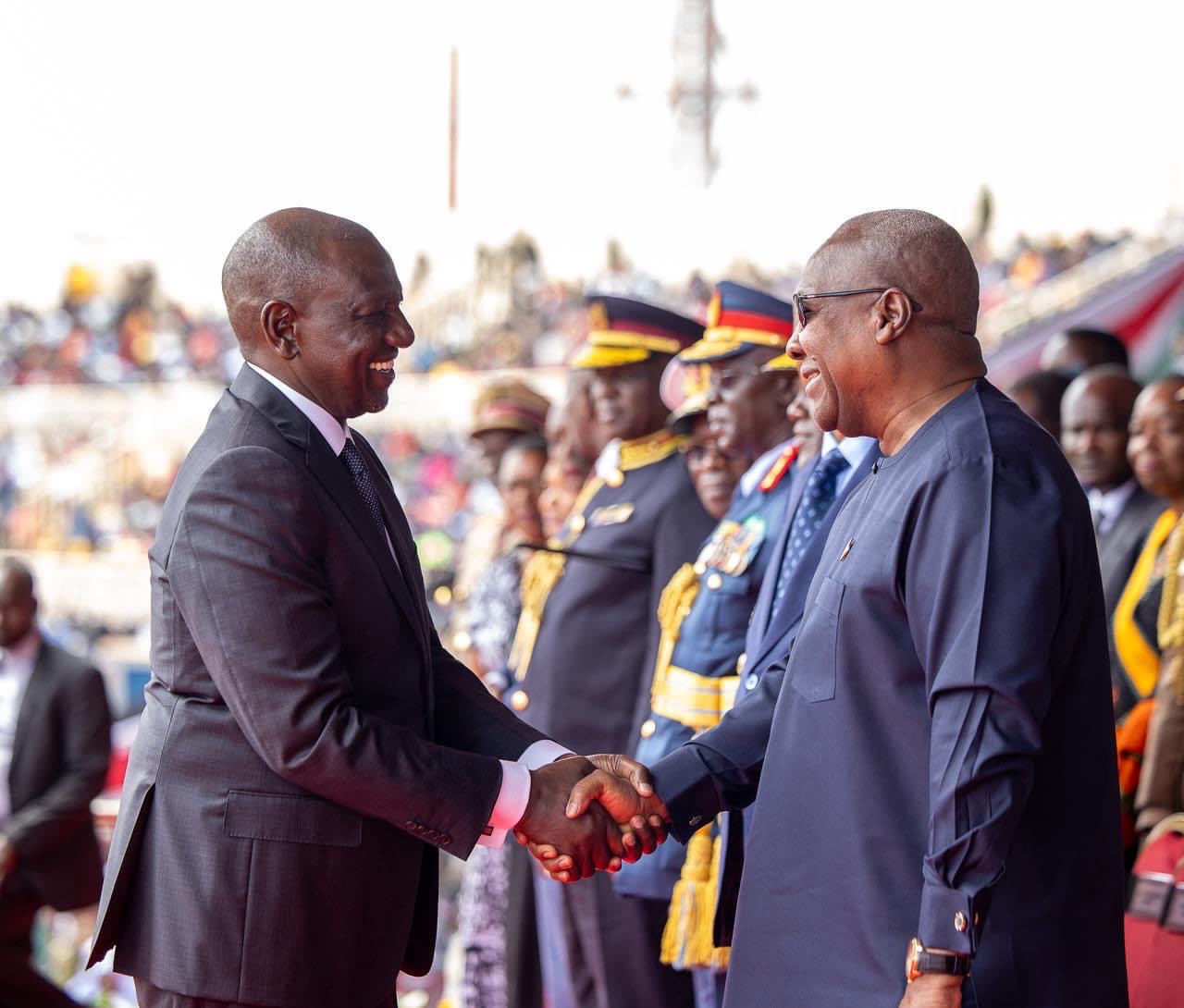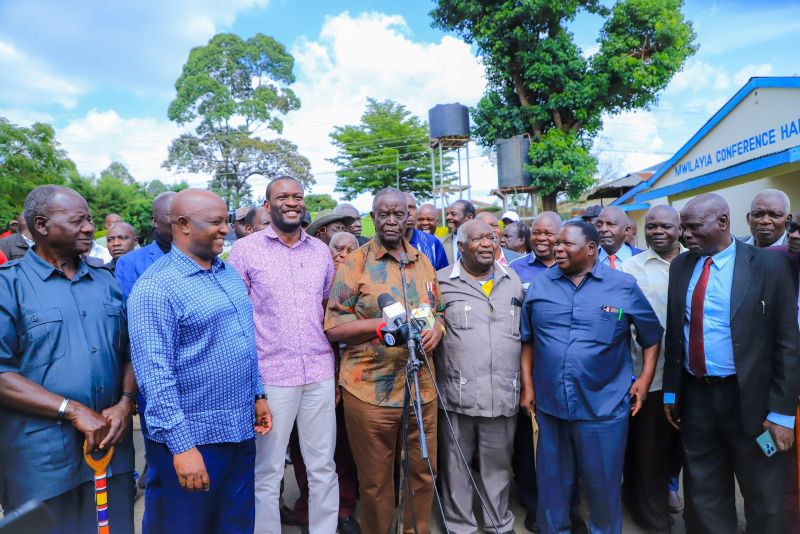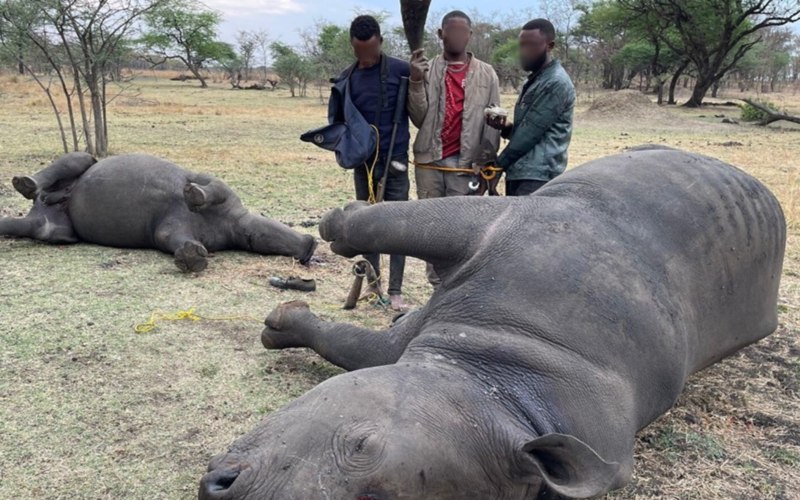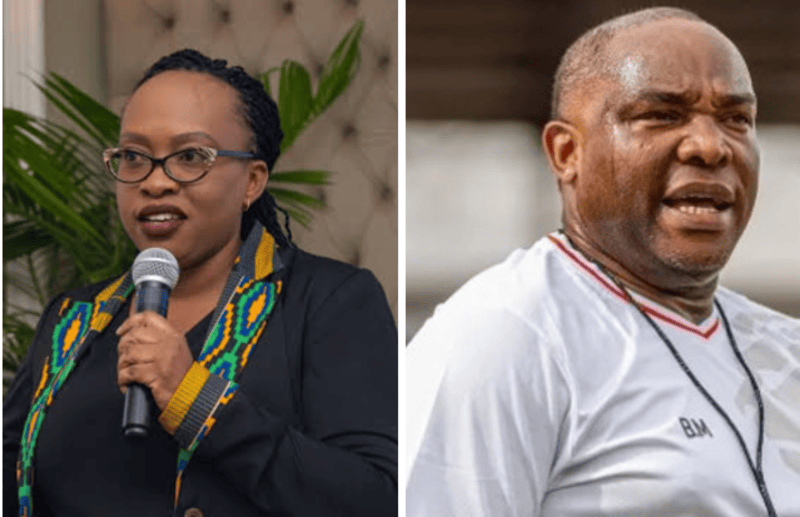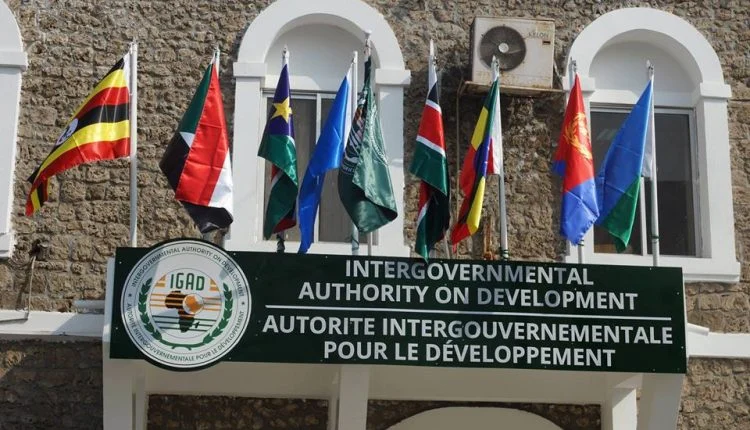ICJ-Kenya demands independent probe into police shooting of Boniface Kariuki during protest
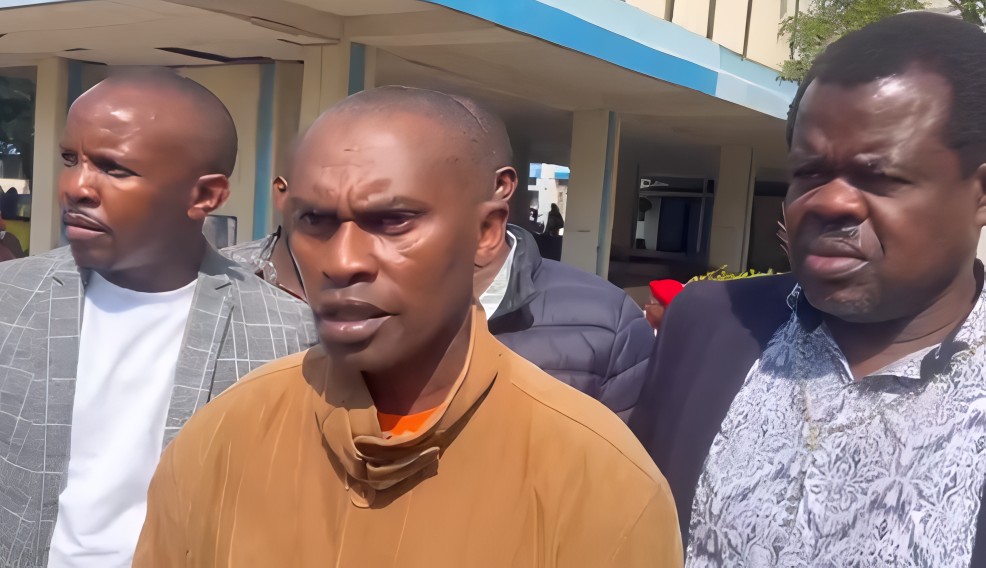
Kariuki, a young mask vendor, was brutally shot by a police officer during Tuesday's protests—ironically and tragically held to demand justice for Albert Omondi Ojwang.
The Kenyan Section of the International Commission of Jurists (ICJ) is demanding an immediate, independent investigation into the shooting of Boniface Kariuki, the unarmed man shot at point-blank range by a police officer during Tuesday's protests.
Kariuki, a young vendor selling masks, was brutally shot by the officer during Tuesday's public protests that ironically and tragically, were being held to demand justice for Albert Omondi Ojwang, who died in police custody just days ago under deeply suspicious circumstances.
More To Read
- Kenya homicide cases stabilise after 2021 peak
- 97 extrajudicial killings, 72 torture cases documented in Kenya in 2025 - rights groups
- ICJ-Kenya appoints Demas Kiprono as executive director
- IG reshuffles top police ranks as six senior officers moved
- IEBC blames police officers for by-election violence, maintains poll largely successful
- Seven arrested over Kariobangi North church chaos as police pursue more suspects
In a statement, ICJ-Kenya Chairperson Protas Saende said accountability must extend beyond the officer who pulled the trigger to include the entire chain of command that continues to sanction violence against citizens exercising their right to civic expression.
"We further call for an urgent and comprehensive audit of all police firearm use during crowd control operations, to prevent a repeat of the tragic failures exposed in the Rex Masai inquest. Lastly, we renew our call for full transparency and justice in the unresolved case of Albert Ojwang, whose death remains unanswered and unaccounted for," he urged.
Last night, the National Police Service claimed the officer who shot Kariuki and who has since been identified as Constable Barasa Masinde, a member of the Quick Response Unit (QRU), would be arraigned today (Wednesday). That is, however, yet to happen.
"We are horrified that in the space of one week, the very act of demanding accountability for one death has now left another young life hanging in the balance. We further call for an urgent and thorough audit of all police firearm use during crowd control operations, to ensure accountability and prevent a repeat of the tragic and avoidable failures witnessed in past incidents," Saende said.
Crisis of impunity
ICJ regards the events that happened on Tuesday as a confirmation that a crisis of impunity exists in Kenya's law enforcement system.
"It is not isolated. It is not accidental. It is attitudinal and deliberate. It is structural. Police continue to respond to peaceful protests with excessive force, live ammunition, and lethal disregard for human safety," Saende said, noting that Kariuki was not a threat to the republic, not armed, not a criminal but just a mask vendor who was maliciously targeted, beaten and shot by an officer sworn to protect him.
"His only offence was existing in a system where law enforcement is increasingly divorced from the law itself. That he was shot while peacefully vending in the very moment citizens were exercising their constitutional right to protest against state brutality is not just tragic, it is a damning indictment of a police system that has become untethered from public service, public trust, and the Constitution," he said.
Police brutality
Article 37 of the Constitution guarantees the right to assemble, demonstrate, picket, and petition. Article 33 protects the freedom of expression. But, as Kenyans exercised these rights, law enforcement responded with bullets instead of dialogue, with brutality instead of protection.
"This reckless use of live ammunition highlights a deeper, long-standing problem: the culture of firearm impunity within the National Police Service. Time and again, officers demonstrate cruelty and deploy lethal force against unarmed civilians with little fear of consequence. This impunity is enabled by opaque internal investigations, lack of individual accountability, and the absence of strict enforcement of standing orders on the use of force and firearms," noted ICJ-Kenya.
Use of lethal force
The United Nations Basic Principles on the Use of Force and Firearms by Law Enforcement Officials require that lethal force be used only as a last resort and in cases of imminent threat to life. On its part, the National Police Service Act and Standing Orders echo this, but the same standards are routinely ignored.
"This is not law enforcement, it is a violent rupture of the social contract, a scene more fitting of a failed state than a functioning democracy. A state where justice is no longer blind, but gagged and shackled. We demand an immediate, independent investigation into the shooting of Boniface," the Organisation said.
He affirmed that ICJ Kenya will continue to speak, act, and stand with all Kenyans demanding justice, not just for Kariuki and Ojwang, but for the countless others whose rights have been trampled in silence.
"We will not rest until the right to life is treated not as a footnote to democracy, but as its foundation. Justice must not bleed. It must rise."
Top Stories Today

